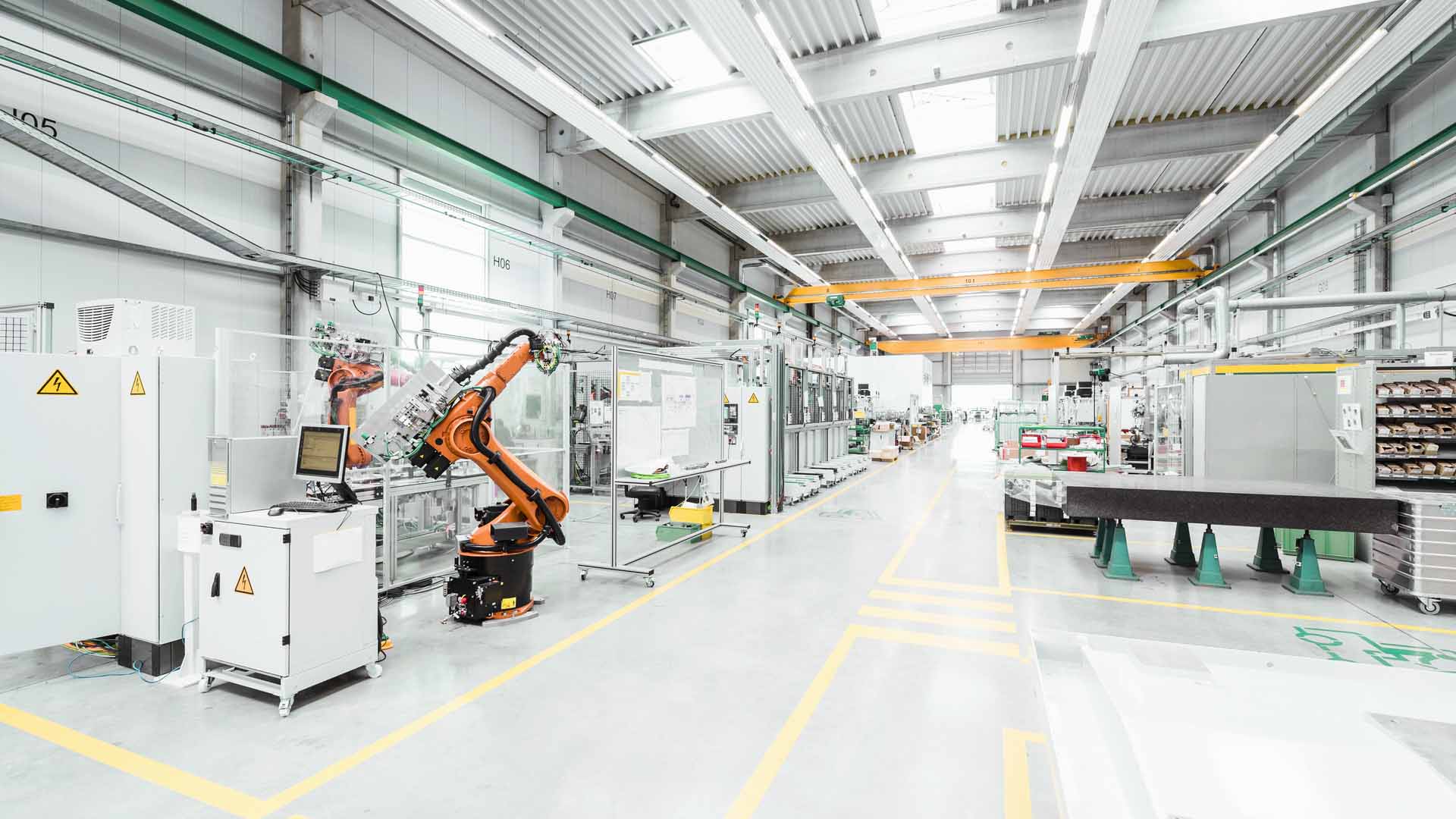There has been a lot of discussion recently about the effects that artificial intelligence (AI) is having – and will have – on the jobs market worldwide. If you're a young professional starting your career, what changes to the world of work can you expect?
AI's impact on jobs
Some of the reporting on AI is concerned that it will trigger a ‘jobs apocalypse’, with millions of jobs previously done by humans now handled by AI. The International Labour Organization (ILO) recently offered a more nuanced perspective, claiming that certain tasks are more difficult to automate, and that new technologies create new opportunities. Research done by ILO suggests that there are many tasks in which AI cannot replace a human, or can’t do so more cost-effectively.
Many occupations that were regarded as essential during the Covid pandemic, like emergency medical technicians or food preparers, involve jobs that cannot be automated. The research found that only 2.3% of jobs across the world have the potential to be fully automated. This also does not consider the many jobs that will be created thanks to new technology – 20 years ago, for example, there were no social media managers. 30 years ago, there were very few web designers.
We should remember that many systems that might appear fully automated are not – they use human labour working in the background. For example, AI needs human workers to train it and verify data. In other cases, paid staff are being replaced by customers doing the work, rather than AI technology itself. An example of this is the automated self-checkout machines in many grocery stores around the world.
Emerging AI fields creating new careers
AI could certainly benefit you as a young professional if it creates more tech-savvy employment options, geared towards careers that integrate and use the technology. AI tools are often used for time management and organisational tasks in the modern workplace. AI also offers alternative educational pathways – such as online learning as an alternative to traditional degrees.
AI technology can be very helpful in improving productivity and reducing costs for small-business owners
Some of the areas where AI is creating new career paths include:
- AI ethics
Various new roles now exist to navigate ethical issues around the use of AI in the workplace and public media. Issues around data privacy, the ethical use of AI in creative fields like art, music, design, and writing, and the ownership of AI-generated content are all relevant. What is fair use for AI training, and what is plagiarism or theft of intellectual property? Who owns intellectual property if AI tools were used to create a work? Is the privacy of users adequately protected, as well as the privacy of those they interact with online, who do not want to interact with AI? These are just some of the questions the industry is grappling with.
- Data science and AI specialisations
Training in technological literacy around data evaluation and application is crucial to many AI-related fields. Technology engineers, data scientists, and machine learning experts are in high demand. In these fields you can design, train, and deploy AI systems, ensuring that they operate effectively and ethically. Coding, programming and data analysis skills are already becoming more important.
- The gig economy and AI integration
The gig economy of short-term contracts and freelance work has been around for some time, but it is also evolving due to AI. Job paths like ride-sharing apps and freelance marketplaces use AI for efficiency, and freelancers skilled in AI-based tools like graphic design or data analysis software are thriving.
Planning your career with AI insights
The industrial sector has already been deeply impacted by automated assembly lines and AI-driven quality control systems. Robots handle repetitive tasks like welding and packing, which boosts productivity. However, this reduces the demand for manual labour in factories. Workers are moving towards roles that oversee or maintain these automated systems.
This kind of upskilling will be a major change in the employment landscape over the next few years. Other areas in administrative work, like data capturing and scheduling, are already being handled mostly by AI. However, the level of automation that AI brings to many job roles can reduce the number of human interactions in workplace environments, which can have negative effects on staff morale, cooperative problem solving, and workplace relationships. Business leaders and HR practitioners will need to keep an eye on these changes.
On a more positive note, AI technology can be very helpful in improving productivity and reducing costs for small-business owners. The emergence of new roles, hybrid work models, and the opportunities that AI provides to upskill yourself, all offer potential positive outcomes.
One concern for the South African market is the digital divide, where many people don't have access to enabling technologies. The ILO is devising policies to address access for all to the future benefits of AI, by strengthening international cooperation and training on the technology. We can also do more as a nation by building our local AI capacity and skills, including integrating AI and data science into the school curriculum.
Nedbank offers guidance and advice on the impact of AI on a number of industries and what your job outlook might be as a result. Understanding and applying AI can be intimidating, especially if you're a small-business owner or a young professional starting out. Nedbank has solutions and finance options available, no matter what industry sector you're in, or the size of your business. Get a callback for advice and support.








